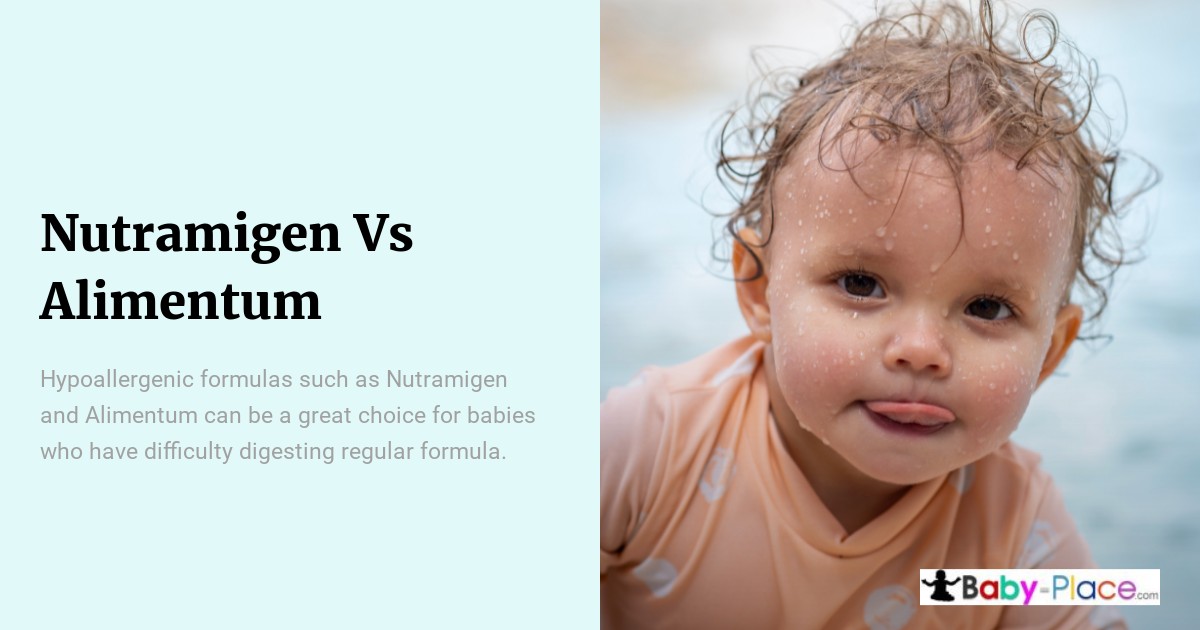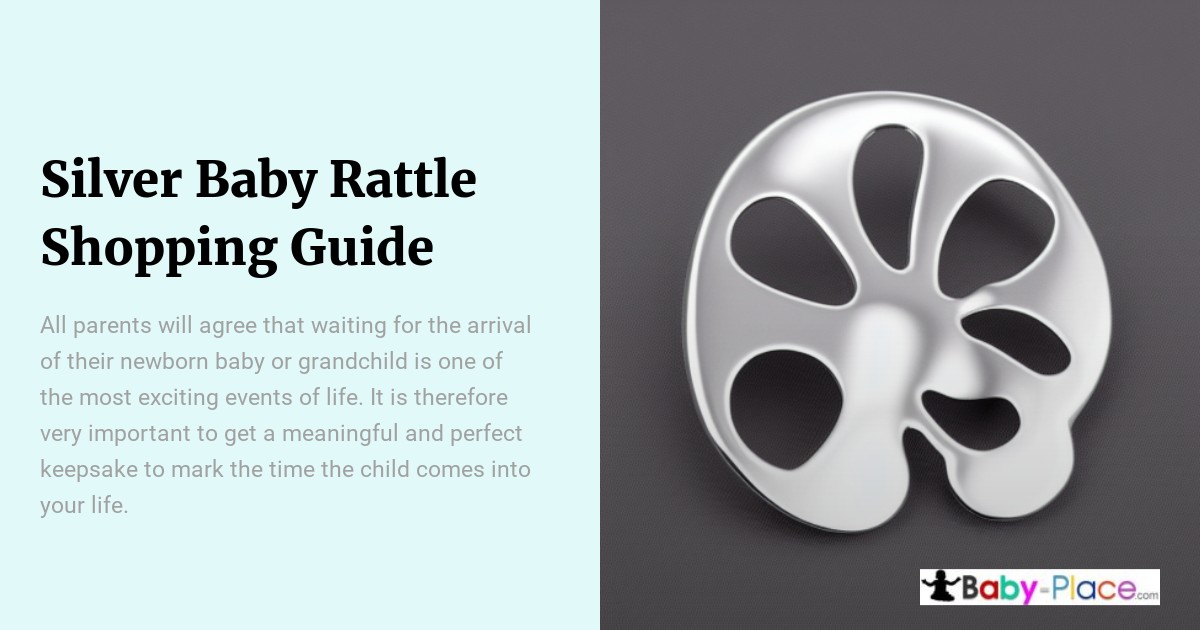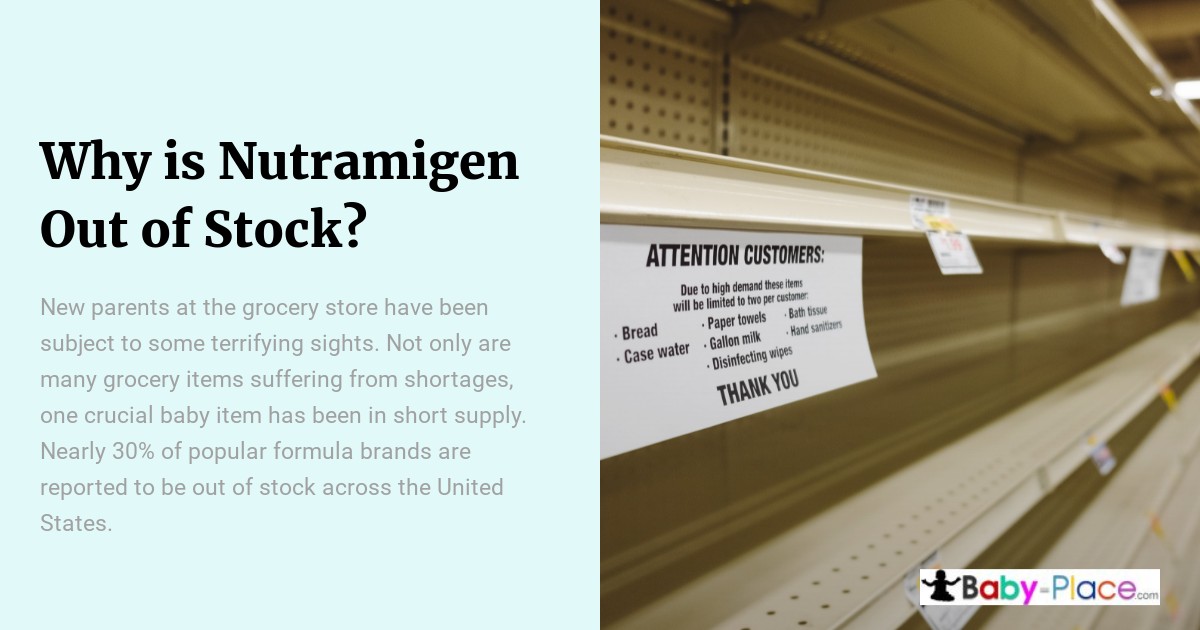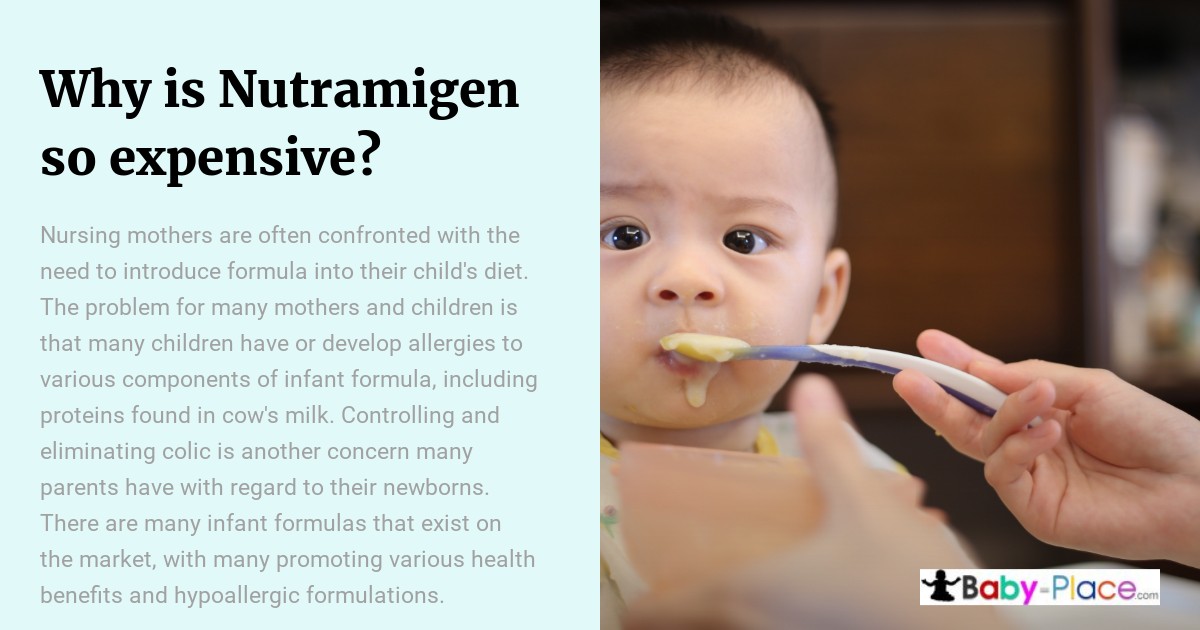As a registered dietitian and nutritionist, I often field questions from parents who are struggling to determine the best choice for their infant’s formula needs. Nutramigen and Alimentum both offer specialized formulas for infants with food sensitivities, but how do you know which one is right for your little one? In this article, let’s explore the similarities and differences between these two options so that you can make an informed decision about what’s best for your baby.
Nutramigen is a hypoallergenic formula designed specifically to provide complete nutrition while helping manage colic symptoms caused by cow’s milk protein sensitivity in babies as young as birth. It contains broken-down proteins called peptides to help reduce reaction time in sensitive tummies and has added DHA and ARA fatty acids, just like breastmilk, to promote brain development. Alimentum also provides complete nutrition along with all of the same features found in Nutramigen plus an additional ingredient: hydrolyzed casein – another form of broken-down proteins – making it even easier on sensitive stomachs.
To decide which option works best for your family, it’s important to understand more about each product and its benefits. Let’s dive deeper into what makes Nutramigen and Alimentum unique so that you can feel confident when making the final decision.
Definition Of Hypoallergenic Formulas
Hypoallergenic formulas are like a beacon of hope for parents whose babies have difficulty digesting regular infant formula. They provide an alternative to the nutritional requirements necessary for healthy growth and development, while reducing the risk of adverse reactions due to allergies or intolerances.
These specially designed formulas contain partially hydrolyzed proteins or broken down into small pieces, making them easier to digest than traditional cow’s milk-based formulas. In addition, they may also include amino acids, fats, vitamins, minerals, and other nutrients essential for a baby’s health. Additionally, some hypoallergenic formulas are lactose free as well as free from gluten and/or soy protein.
Choosing between Nutramigen and Alimentum can be difficult; both are excellent options for those seeking hypoallergenic nutrition solutions for their baby. However it is important to note that each brand has its own unique benefits and features that should be taken into consideration when making this decision.
Overview Of Nutramigen And Alimentum
Having discussed the definition of hypoallergenic formula, let’s now take a look at two popular formulas for babies with allergies or intolerances: Nutramigen and Alimentum. Both are extensively hydrolyzed proteins, meaning that they have been broken down to very small pieces in order to minimize allergenicity. In addition, both brands feature an extensive selection of vitamins and minerals, along with prebiotics and probiotics to support digestive health.
| Nutramigen | Alimentum |
|---|---|
| Extensive Hydrolysis | Extensive Hydrolysis |
| Omega 3 & 6 fatty acids | Omega 3 & 6 fatty acids |
| Prebiotic fiber blend | Prebiotic fiber blend |
| Probiotics (Bifidus BL) | Probiotics (Lactobacillus GG) |
Both Nutramigen and Alimentum contain partially hydrolyzed whey protein as their primary source of nutrition; however, Nutramigen also contains corn syrup solids while Alimentum features casein hydrolysate instead. This makes them suitable for different dietary needs – nutritionally speaking – so it is important to consult your doctor before making any decisions about which brand you should use. Furthermore, both products offer options for supplemented calcium levels in order to meet the nutritional requirements of growing infants.
Regarding other differences between the two formulas, one major distinction is worth noting: taste! Due to its higher concentration of lactose-free milk protein isolate, Nutramigen has a milder flavor profile compared to Alimentum’s strong sweetness from sucrose syrup solids. So depending on your baby’s preference – whether it be sweet or mellow – you can choose accordingly when choosing between these two hypoallergenic formulas.
Protein Sources In Nutramigen And Alimentum
Nutramigen and Alimentum are both specialized infant formulas developed by Mead Johnson Nutrition for infants with milk protein allergies or other food sensitivities. Both contain hydrolyzed whey proteins, which have already been broken down into smaller parts to make them easier for the baby’s body to digest. Nutramigen contains partially hydrolyzed cow’s milk protein whereas Alimentum has extensively hydrolyzed casein from cow’s milk as its primary source of protein. In addition, Alimentum also includes added omega-3 fatty acids, specifically docosahexaenoic acid (DHA) and arachidonic acid (ARA). These essential fatty acids help support normal brain development in babies up to 12 months of age.
Both formulas provide a balanced amount of essential amino acids that are necessary for growth and development during infancy. While the nutrient profiles between Nutramigen and Alimentum are similar, they do differ slightly in their carbohydrate sources. Nutramigen is primarily composed of corn syrup solids while Alimentum provides maltodextrin as well as corn syrup solids. Maltodextrin is a complex carbohydrate derived from starch that can be easily digested by some sensitive stomachs.
In summary, when it comes to protein sources in specialty infant formulas like Nutramigen and Alimentum, there are several similarities but also some differences in terms of content and composition of nutrients. Partially hydrolyzed whey proteins are present in both products alongside different types of carbohydrates such as maltodextrin and corn syrup solids. Additionally, Alimentum may offer additional benefits due to the inclusion of DHA and ARA omega-3 fatty acids not found in Nutramigen formula.
Carbohydrate Sources In Nutramigen And Alimentum
A journey of a thousand miles begins with the first step. While protein is essential for growth and development, carbohydrates are just as important to maintain energy levels and keep us going. That’s why it’s good news that both Nutramigen and Alimentum provide adequate amounts of carbohydrate sources in their formulas.
Nutramigen utilizes corn syrup solids as its primary source of carbohydrate, which is easily digestible for infants who may have sensitive digestive tracts due to food allergies or lactose intolerance. It also contains vegetable oil, maltodextrin and partially hydrolyzed guar gum (PHGG) for additional sources of calories from carbohydrates.
Alimentum provides even more options when it comes to carbohydrate sources. In addition to corn syrup solids, this formula includes sugar beet fiber, soybean oil, medium-chain triglycerides (MCT), modified cornstarch, calcium citrate malate and sodium caseinate – all providing extra energy and nutrients needed during infancy.
Both Nutramigen and Alimentum offer balanced nutrition with quality ingredients designed specifically for babies with certain dietary restrictions or sensitivities—making them great choices if you’re looking for an alternative infant formula option beyond cow’s milk-based products.
Fat Sources In Nutramigen And Alimentum
Nutramigen and Alimentum are two types of hypoallergenic infant formulas. They both provide balanced nutrition with high-quality ingredients, but there are some important differences in their fat sources. As a registered dietitian or nutritionist, it is important to understand the different fats used in each formula so that you can make an informed decision for your patient’s nutritional needs.
The following table provides a comparison of the fat content between Nutramigen and Alimentum:
| Fat Sources | Nutramigen | Alimentum |
|---|---|---|
| Vegetable Oil Blend | Soybean oil, Coconut oil, High Oleic Sunflower oil | Corn Syrup Solids, High Oleic Safflower oil, Medium Chain Triglycerides (MCT) |
| Long Chain Polyunsaturated Fatty Acids (LCPUFAs) | Docosahexaenoic Acid (DHA) & Arachidonic Acid (ARA) | Docosahexaenoic acid (DHA), Arachidonic Acid (ARA); Alpha-Linolenic Acid(ALA) |
From this table we can see that both formula contain vegetable oils as their primary source of fat. The main difference is that Alimentum contains corn syrup solids and medium chain triglycerides whereas Nutramigen does not. Additionally, the long chain polyunsaturated fatty acids vary between the two brands; while they both have DHA and ARA, only Nutramigen also includes ALA.
It is important to note that these LCPUFAs are essential nutrients for infants since they cannot be produced by their bodies and must come from dietary intake. Therefore choosing a formula with appropriate amounts of these LCPUFAs is critical for optimal growth and development during infancy.
Depending on your patient’s individual needs, either one of these two formulas may be suitable for providing complete nutrition with sufficient levels of LCPUFAs necessary for healthy growth and development throughout infancy. Understanding the varying fat contents between Nutramigen and Alimentum will help healthcare professionals select an appropriate infant formula for their patients’ specific nutritional needs.
Vitamin & Mineral Content Of Each Formula
Nutramigen and Alimentum are both extensively hydrolyzed formulas that have been formulated to meet the nutritional needs of infants. While these two formulations differ in their protein source, they are similar when it comes to vitamin and mineral content. Both formulas provide a wide array of essential vitamins and minerals necessary for growth, development, and overall health.
The majority of the vitamins present in Nutramigen come from natural sources such as corn syrup solids, soy oil, olive oil, canola oil, coconut oil, and sunflower lecithin. Additionally, these ingredients are supplemented with thiamine mononitrate (vitamin B1), riboflavin (vitamin B2), pyridoxine hydrochloride (vitamin B6), cyanocobalamin (vitamin B12), pantothenic acid (vitamin B5), biotin (B7) and folic acid (B9). The formula also supplies an adequate amount of Vitamin A and Vitamin D3 which are important for vision health and calcium absorption respectively.
Alimentum contains several synthetic vitamins such as thiamine chloride hydrochloride (Vitamin B1), riboflavin 5-phosphate sodium (Vitamin B2), niacinamide (Vitamin B3), d-calcium pantothenate (Vitamin B5), pyridoxine hydrochloride(Vitamin B6) , cyanocoblamin (Vitamin b12) , biotin, folic acid and vitamin K1. It also has Vitamins C & E added for antioxidant benefits. Finally, this formula provides appropriate amounts of Vitamins A & D3 needed by babies for healthy vision & strong bones respectively.
Both Nutramigen & Alimentum contain approximately equivalent levels of macro & micronutrients like calcium phosphate tribasic used to enhance bone strength; magnesium sulfate heptahydrate utilized for nerve impulses transmission; potassium chloride required for muscular activity; iron lactate which aids formation of red blood cells ; zinc sulfate monohydrate essential for enzyme metabolism; copper gluconate beneficial for immune system maintenance; choline bitartrate crucial for brain development; selenium amino acid chelate advantageous in metabolizing proteins & carbohydrates; taurine helpful in neurological functioning; lutein good for eye protection; docosahexaenoic acid known to support visual acuity functions etc., all combined together make them nutritionally balanced infant formulas suitable to fulfill baby’s daily dietary requirement.
Specialty Ingredients In Each Formula
Nutramigen and Alimentum are both specialized formulas for infants with sensitive digestive systems. They contain unique ingredients that provide essential nutrients to support healthy growth and development. Like a carefully crafted work of art, each formula is composed of its own special set of elements.
Nutramigen contains highly digestible proteins which have been broken down into smaller components called peptides or amino acids. It also contains corn syrup solids, vegetable oils, long-chain polyunsaturated fatty acids (LCPs), iron, vitamins A, C and E, and other minerals. In addition it has nucleotides which play an important role in the growth of cells throughout the body.
Alimentum too contains high quality hydrolyzed protein as well as many other key ingredients such as DHA & ARA (docosahexaenoic acid & arachidonic acid) for brain development; taurine, carnitine and choline for proper functioning of organs; prebiotics like galactooligosaccharide to encourage beneficial bacteria in the gut; plus additional sources of calcium, phosphorus and iron.
Both Nutramigen and Alimentum are nutritionally balanced formulas designed to meet the needs of babies with food sensitivities while providing them with all necessary nutrients to grow up strong and healthy.
Digestibility Of Nutramigen Vs Alimentum
Moving on from the specialty ingredients in each formula, let’s take a look at the digestibility of Nutramigen and Alimentum. Both formulas are designed to be easy on baby’s digestive system; however, they differ slightly in terms of their protein sources. Nutramigen is made with partially hydrolyzed whey protein which has been broken down into smaller pieces for easier digestion. On the other hand, Alimentum contains extensively hydrolyzed casein protein which has undergone an even more extensive breakdown process so it can be easily digested by babies who have difficulty breaking down larger proteins.
In addition to differences in protein source, another factor that affects digestibility is fat content. Nutramigen does contain some vegetable oil but no added corn syrup solids or palm olein oil like Alimentum does. This means that Nutramigen may make child feel fuller faster as well as reduce any loose stools due to fat malabsorption issues that could occur with higher fat formulas like Alimentum.
When looking into the best option for your little one when it comes to nutrition, considering both the type of proteins used and overall amount of fats present can help you decide between these two popular infant formulas. Ultimately, making sure your little one gets all the nutrients they need while having a smooth transition onto solid foods is key!
Cost Comparison Between Nutramigen And Alimentum
Nutrition is an important part of any family’s budget. Parents often struggle to find the right balance between providing their children with healthy food and not breaking the bank. When it comes to specialized formulas like Nutramigen and Alimentum, cost can be a major factor in deciding which product best suits your needs.
To illustrate this point, consider two families: The Smiths and the Joneses. Both have babies who suffer from severe digestive issues requiring a hypoallergenic formula for relief. Mrs. Smith opts for Nutramigen while Mr. Jones chooses Alimentum as his preferred option. After making their decision, each family discovers that the costs associated with buying either formula are quite different.
The average price for a 12-ounce can of Nutramigen is around $25-$30 per can compared to Alimentum’s $40-$50 per can. The difference may seem small at first glance but over time these prices add up quickly. For example, if both families use 1 can per week they will spend approximately $1,200 more on Alimentum than Nutramigen annually! This discrepancy makes Nutramigen an attractive choice for parents looking to save money without sacrificing quality nutrition for their child.
Given its lower cost, many pediatricians recommend Nutramigen as a viable alternative when choosing a medical food suitable for infants with digestive symptoms such as colic or allergies that require special dietary considerations like those found in nutritionally balanced hypoallergenic formulas like Nutramigen and Alimentum
Benefits & Drawbacks Of Each Formula
Nutramigen and Alimentum are two hypoallergenic infant formulas created for babies with certain food allergies. While both provide essential nutrition, there are some differences in their composition that make them better suited for different needs. In this section, the benefits and drawbacks of each formula will be discussed.
Nutramigen is an extensively hydrolyzed casein formula, meaning it has been broken down into very small proteins to reduce allergenicity. This makes Nutramigen a great choice for infants who have severe cow’s milk protein allergy (CMPA), as well as other food allergies or sensitivities. It also contains prebiotics and nucleotides that help promote healthy growth and development, while still providing complete nutrition. The downside of Nutramigen is its higher price tag compared to other formulas.
Alimentum is another option for those with CMPA or multiple food allergies, although it does contain partially hydrolyzed whey proteins which may not suit everyone’s needs. On the plus side though, Alimentum contains ingredients like L-carnitine and taurine that can benefit heart health, along with other vitamins and minerals necessary for proper nourishment during infancy. But just like Nutramigen, it comes at a premium cost when compared to standard formulas on the market today.
Both Nutramigen and Alimentum offer important nutritional value for babies suffering from specific dietary restrictions due to food allergies or intolerances. However, parents should weigh the pros and cons before deciding if one of these specialty formulas fits their baby’s individual needs best.
Who Should Consider Using These Formulas?
Parents and guardians looking for a hypoallergenic formula may consider Nutramigen or Alimentum. Both formulas are specifically designed to help manage the symptoms of cow’s milk protein allergies in infants, which can be severe. They both contain partially hydrolyzed proteins that have been broken down into smaller pieces so as not to trigger an allergic reaction.
Nutramigen contains lactose-free whey and casein, while Alimentum is made with extensively hydrolyzed proteins. For those with particularly sensitive digestive systems, Alimentum may prove to be more effective because it is even further broken down than Nutramigen. In cases where there has been little improvement following regular formula feeding, either one could be considered.
Beyond digestion issues related to cows’ milk allergy, another factor parents should take into account when choosing between these two formulas is nutrition content. While they provide similar levels of essential nutrients like fat, carbohydrates, calories and vitamins/minerals, Nutramigen contains prebiotic fiber whereas Alimentum does not. Prebiotic fibers are beneficial for gut health and can help support healthy intestinal flora in babies. Ultimately parents need to weigh the pros and cons of each option before making a decision about what’s best for their child’s nutritional needs.
How To Transition A Baby To A New Formula?
Switching your baby’s formula can be like navigating a minefield: you want to ensure that the transition is smooth and without any adverse reactions. As a registered dietitian or nutritionist, I recommend following these steps when transitioning from one formula such as Nutramigen to another like Alimentum.
First, start slowly by adding in small amounts of the new formula into their bottle at each feeding until they are only drinking the new formula. This helps them become accustomed to the taste and texture so that it’s not too drastic of a change for them. It also allows you to monitor how well they tolerate the new formula before fully committing to it.
Second, consider speaking with your pediatrician about whether supplementing probiotics might help ease digestion while switching formulas. Probiotics contain beneficial bacteria which may aid in better absorption of nutrients from food and reduce possible digestive discomfort associated with changing formulas. Additionally, if there are any other changes happening during this time period – such as introducing solid foods – then speak with your doctor about further supplementation recommendations as needed.
Finally, remain patient throughout this process; trust that ultimately your baby will adjust to his/her new formula just fine! If after several weeks you still notice sensitivity issues or signs of allergies then consult with your healthcare provider right away for further guidance on formulating an individualized care plan tailored specifically to meet your little one’s needs.
Tips For Minimizing Allergy Symptoms With Formulas
Transitioning to a new formula is an important part of a baby’s diet, but it can also be challenging. If your baby has allergies, this transition may require extra special attention. Two common hypoallergenic formulas are Nutramigen and Alimentum. Let’s look at how these two popular options compare in helping minimize allergy symptoms for babies.
| Nutramigen | Alimentum | |
|---|---|---|
| Protein | Hydrolyzed whey proteins | Hydrolyzed casein proteins |
| Carbohydrate | Lactose free corn syrup solids | Lactose-free sucrose |
| Fats | Vegetable oils (canola and palm) | Vegetable oils (canola and palm) |
Both Nutramigen and Alimentum contain hydrolyzed protein which helps reduce the risk of allergic reactions to milk proteins. The main difference between the two formulas lies with carbohydrates. Nutramigen contains lactose-free corn syrup solids while Alimentum uses lactose-free sucrose as its carbohydrate source. Both formulas use vegetable oil blends consisting of canola and palm oil so they provide similar amounts of fats too.
Choosing the right formula that meets your baby’s needs can help alleviate any potential allergic reaction symptoms such as diarrhea, vomiting or cramping after feedings. Your doctor or pediatric nutritionist should be able to advise you on which option would best meet your baby’s dietary requirements based on their individual medical history, age and weight gain goals. It is important to remember that all infants react differently to different types of food and if your baby does experience any uncomfortable side effects from either formula, consult a healthcare professional immediately for advice about finding an alternative solution that works better for them.
Alternatives To Hypoallergenic Formulas
When it comes to finding alternatives to hypoallergenic formulas, parents may feel overwhelmed. Fortunately, there are a few viable options that can provide safe nutrition for babies with food allergies or sensitivities.
Firstly, infants who cannot tolerate traditional milk-based formula may benefit from extensively hydrolyzed protein formulas such as Nutramigen and Alimentum. These specialized solutions contain proteins broken down into small pieces that are easier for the baby’s digestive system to absorb and process. They also have added iron, vitamins, minerals and other key components that ensure proper growth and development of the infant.
Secondly, soy-based formulas like Isomil, Prosobee and Similac Sensitive are all plant-based options which offer an alternative source of nutrition for those with dairy allergies or intolerances. Soy formulas still provide essential nutrients needed during infancy but should be used with caution in premature babies due to their high sodium content and potential increased risk of health complications.
Lastly, elemental formulas such as Neocate and Elecare Jr., designed specifically for infants allergic to multiple foods, should only be used under medical supervision after consultation with a doctor or registered dietitian. Elemental formulas bypass digestion altogether by providing pre-digested amino acids directly absorbed through the gastrointestinal tract lining; this is beneficial for children whose immune systems overreact even when exposed to extremely small amounts of allergens present in regular formula brands.
Questions To Ask Your Pediatrician
When considering the best formula for your baby, it is important to consult with a pediatrician. There are several questions that you should ask in order to make an informed decision. Firstly, you should inquire about any potential allergies or sensitivities your child may have that could influence which type of formula would be most appropriate. You can also ask what special nutrients might be beneficial for your infant and if there are any additional supplements that may need to be added to their diet. Additionally, you may want to enquire about the ingredients included in each product and how they compare nutritionally.
The second question you should ask pertains to the importance of organic formulas versus traditional brands. Organic formulas often include more natural ingredients and fewer additives than non-organic products. It’s important to consider whether these benefits outweigh any higher cost associated with organic formulas as well as other factors such as taste preferences and availability.
Finally, seek advice on how long your baby needs to remain on a particular formula before transitioning them onto another one. This will help ensure optimal nutrition throughout all stages of development while minimizing disruption due to changes in flavor or texture during the process. It’s important to find the right balance between meeting nutritional needs and ensuring comfortability when selecting a formula for your baby’s growth and health over time.
Conclusion
In conclusion, hypoallergenic formulas such as Nutramigen and Alimentum can be a great choice for babies who have difficulty digesting regular formula. They contain proteins that are easier to break down and processed carbohydrates that won’t cause an allergic reaction. As with any new food or drink, it is important to transition your baby slowly when switching to either of these formulas. Additionally, if you notice signs of allergies or discomfort in your baby after introducing the new formula, make sure to contact your pediatrician right away.
Overall, I hope this article has helped you understand more about hypoallergenic formulas and their benefits. If you still have questions or concerns regarding nutrition for your little one, please don’t hesitate to seek professional advice from a registered dietitian or medical provider who can provide personalized guidance tailored specifically for the needs of your child.
At the end of the day, no matter what type of formula you choose for your baby, providing them with adequate nutrition is essential for healthy growth and development!













